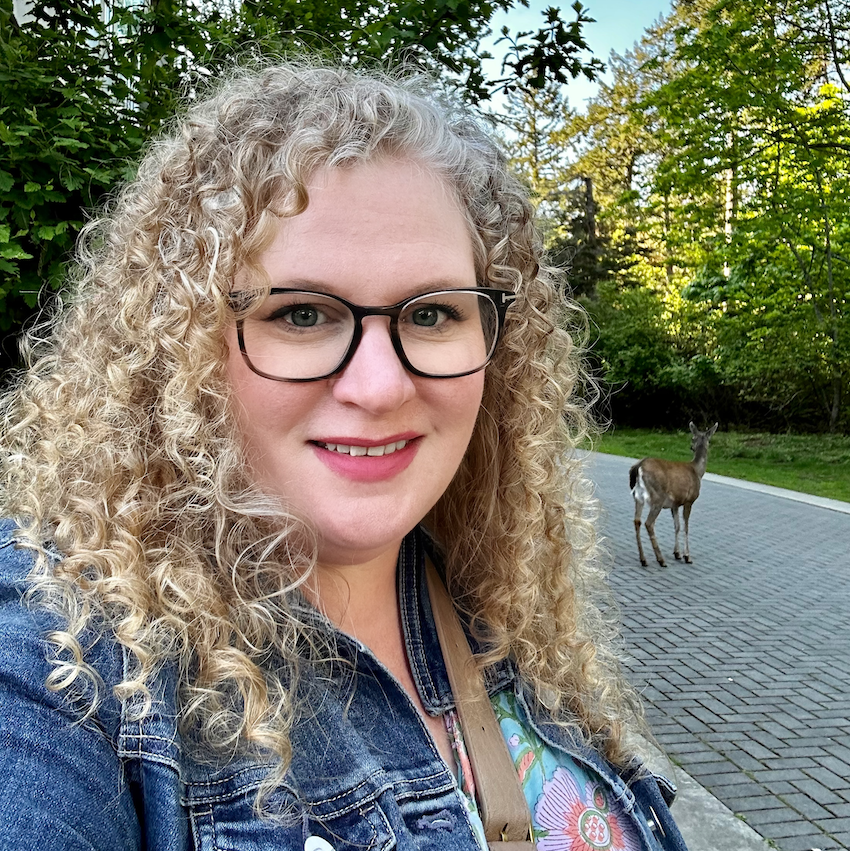Cited By
View all- Chan GBanire BAnukem SImran MMeena SNwagu COyebode OAlslaity AArya AOrji R(2024)Social Exergames in Health and Wellness: A Systematic Review of Trends, Effectiveness, Challenges, and Directions for Future ResearchInternational Journal of Human–Computer Interaction10.1080/10447318.2024.2371686(1-32)Online publication date: 8-Jul-2024


